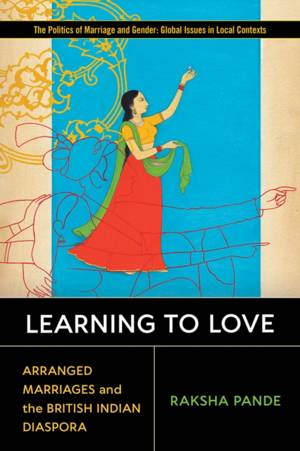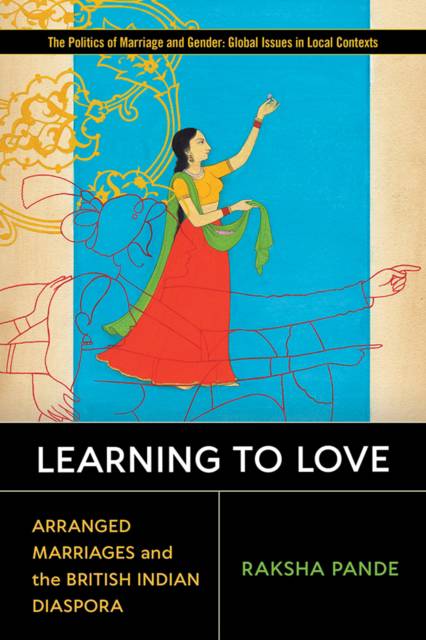
- Afhalen na 1 uur in een winkel met voorraad
- Gratis thuislevering in België vanaf € 30
- Ruim aanbod met 7 miljoen producten
- Afhalen na 1 uur in een winkel met voorraad
- Gratis thuislevering in België vanaf € 30
- Ruim aanbod met 7 miljoen producten
Zoeken
€ 48,45
+ 96 punten
Omschrijving
Learning to Love moves beyond the media and policy stereotypes that conflate arranged marriages with forced marriages. Using in-depth interviews and participant observations, this book assembles a rich and diverse array of everyday marriage narratives and trajectories and highlights how considerations of romantic love are woven into traditional arranged marriage practices. It shows that far from being a homogeneous tradition, arranged marriages involve a variety of different matchmaking practices where each family tailors its own cut-and-paste version of British-Indian arranged marriages to suit modern identities and ambitions. Pande argues that instead of being wedded to traditions, people in the British-Indian diaspora have skillfully adapted and negotiated arranged marriage cultural norms to carve out an identity narrative that portrays them as "modern and progressive migrants"-ones who are changing with the times and cultivating transnational forms of belonging.
Specificaties
Betrokkenen
- Auteur(s):
- Uitgeverij:
Inhoud
- Aantal bladzijden:
- 154
- Taal:
- Engels
- Reeks:
Eigenschappen
- Productcode (EAN):
- 9780813599632
- Verschijningsdatum:
- 19/03/2021
- Uitvoering:
- Paperback
- Formaat:
- Trade paperback (VS)
- Afmetingen:
- 152 mm x 226 mm
- Gewicht:
- 226 g

Alleen bij Standaard Boekhandel
+ 96 punten op je klantenkaart van Standaard Boekhandel
Beoordelingen
We publiceren alleen reviews die voldoen aan de voorwaarden voor reviews. Bekijk onze voorwaarden voor reviews.











